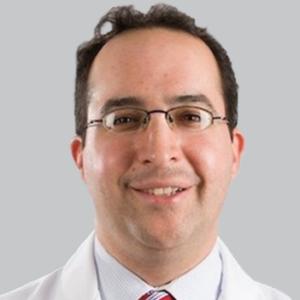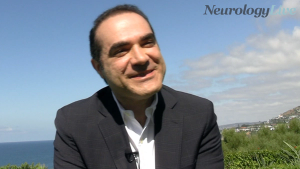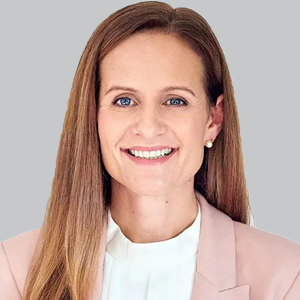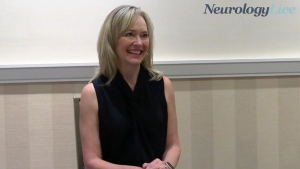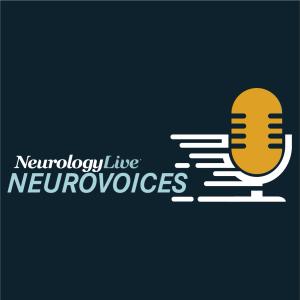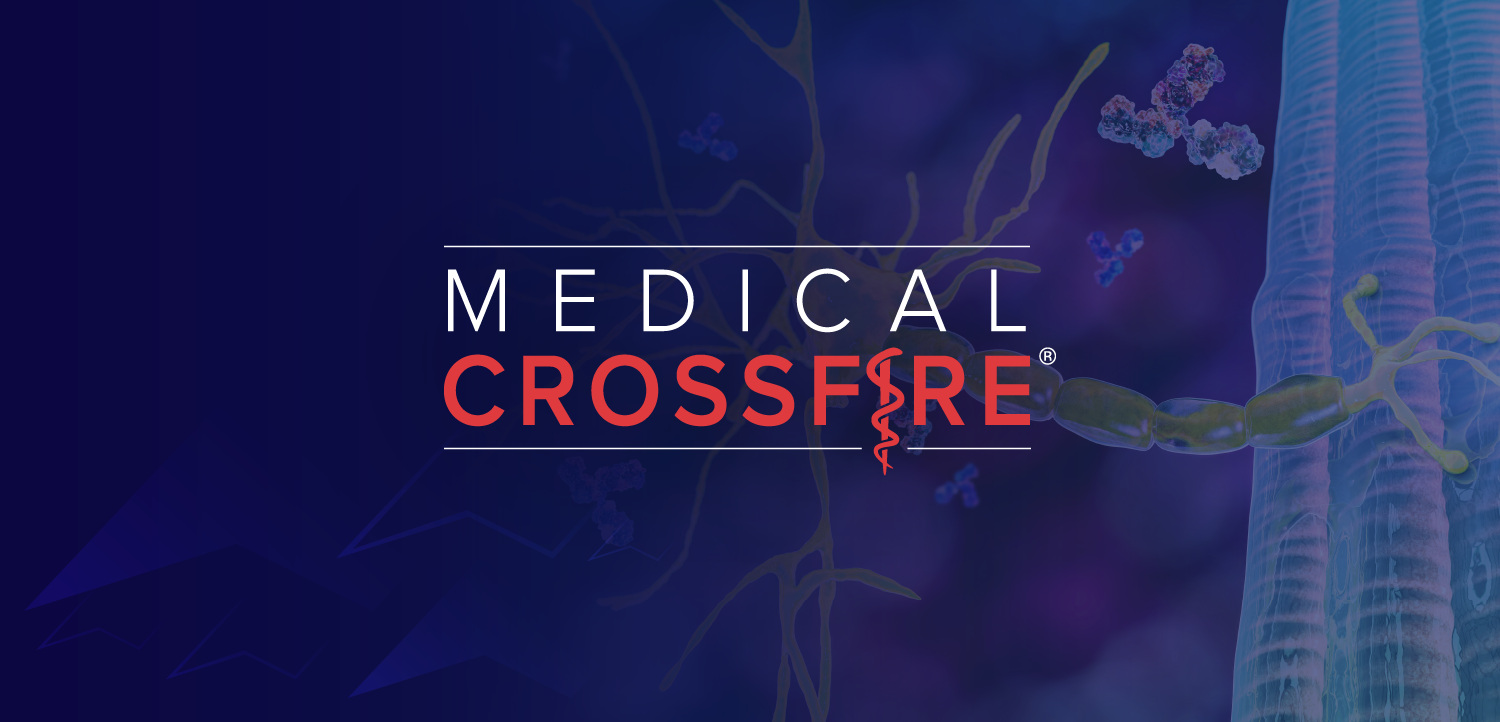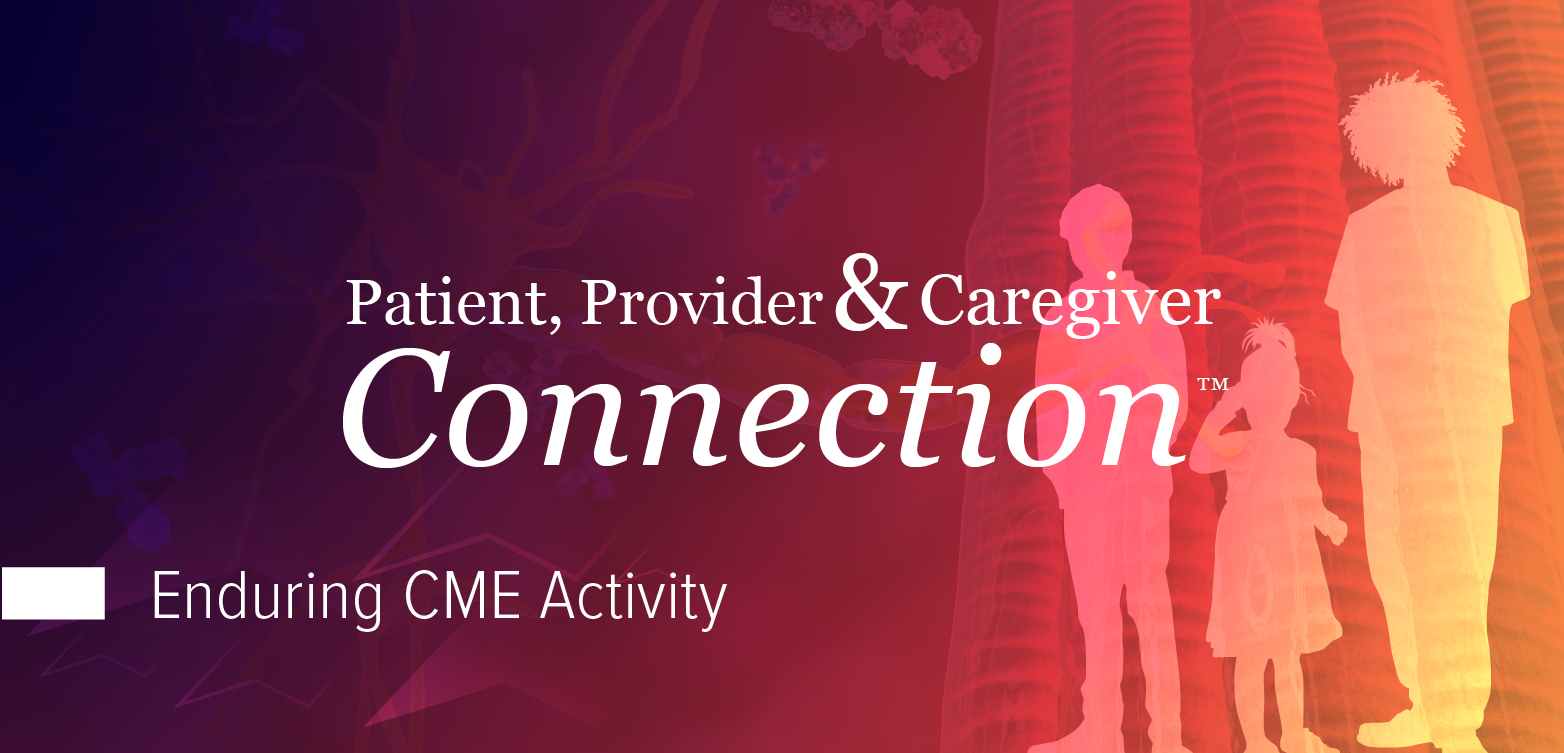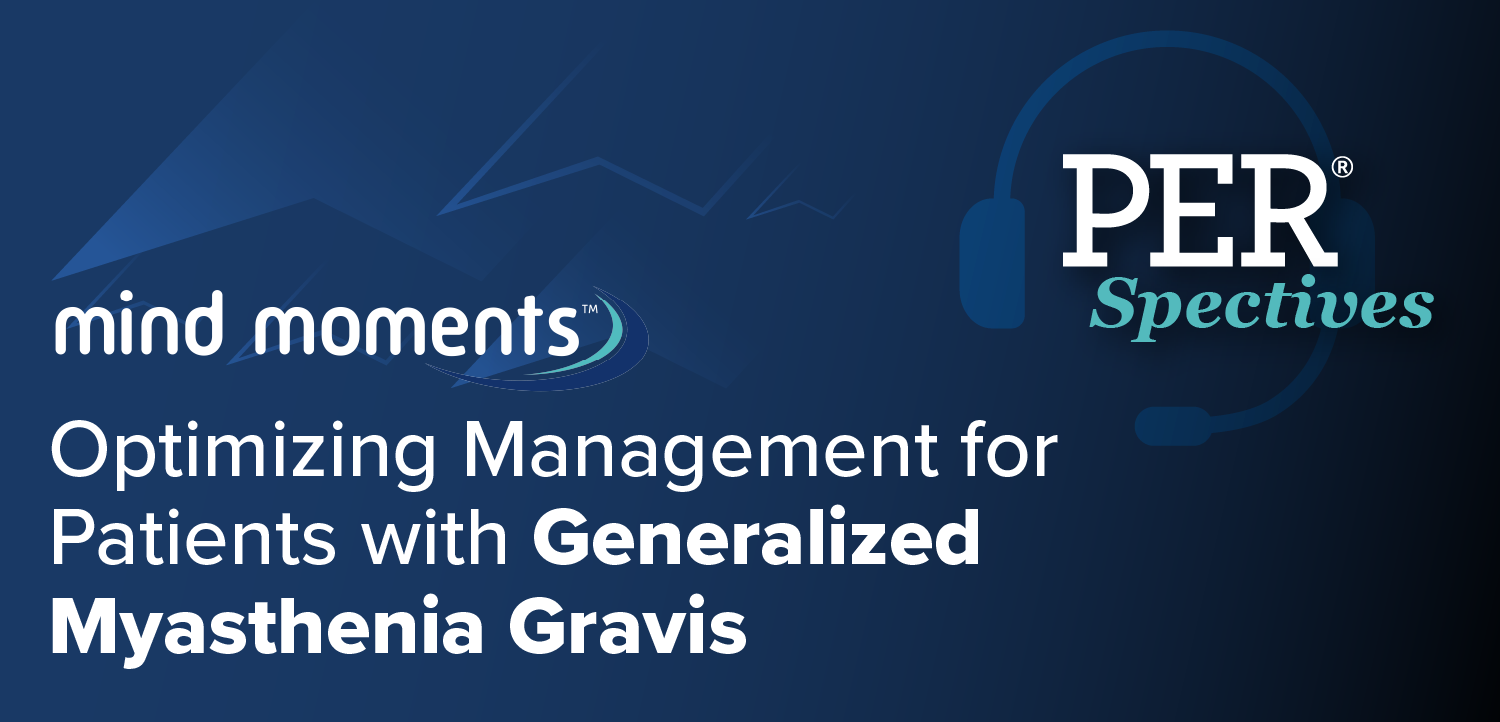|Videos|December 10, 2020
Updates in the Management of Relapsing Multiple Sclerosis
Author(s)Fred Lublin, MD
Patricia K. Coyle, MD
Patricia K. Coyle, MD
Fred Lublin, MD; Patricia K. Coyle, MD; Mark Freedman, MD; and Scott D. Newsome, DO, discuss a number of topics pertaining to the diagnosis of multiple sclerosis, including a focus on fatigue and its impact on quality of life.
Advertisement
Newsletter
Keep your finger on the pulse of neurology—subscribe to NeurologyLive for expert interviews, new data, and breakthrough treatment updates.
Advertisement
Related Articles
Latest CME
Advertisement
Advertisement
Trending on NeurologyLive - Clinical Neurology News and Neurology Expert Insights
1
Stem Cells of Secondary Progressive Multiple Sclerosis Drive Increased Proinflammatory T-Cell Activity
2
Insights Into the Neurobiology of Stuttering From 2025 STARS Conference: Shahriar SheikhBahaei, PhD
3
Daridorexant Provides Relief for Insomnia in Women During Menopausal Transition
4
EMA Approves Semaglutide as First GLP-1 RA for Cardiovascular, Stroke-Related Benefits
5

